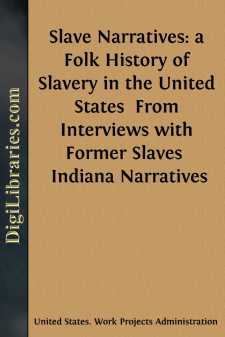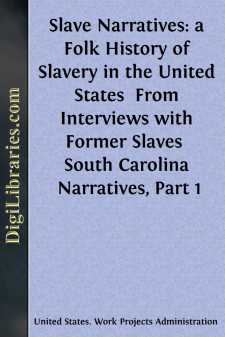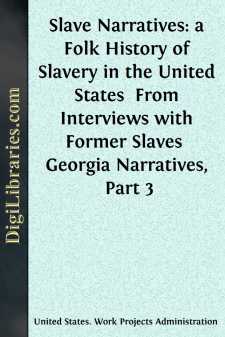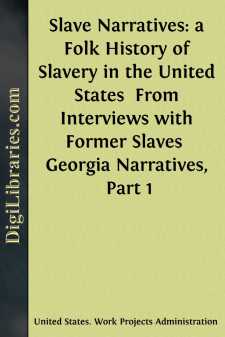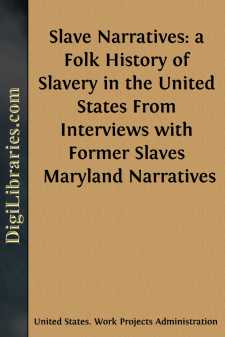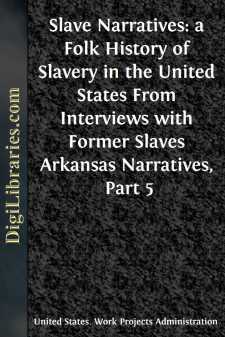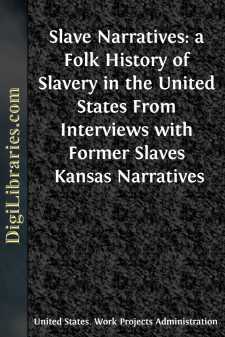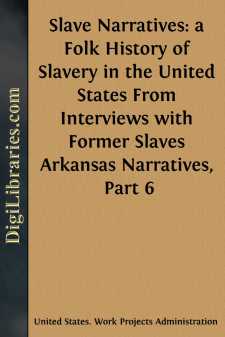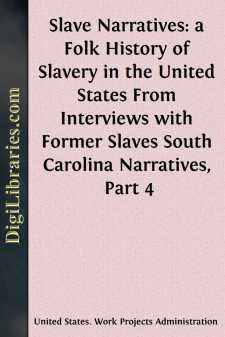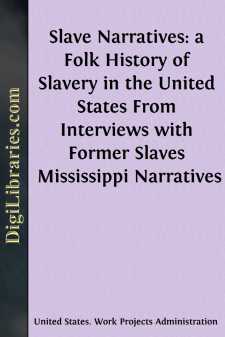Categories
- Antiques & Collectibles 13
- Architecture 36
- Art 48
- Bibles 22
- Biography & Autobiography 814
- Body, Mind & Spirit 145
- Business & Economics 28
- Children's Books 17
- Children's Fiction 14
- Computers 4
- Cooking 94
- Crafts & Hobbies 4
- Drama 346
- Education 58
- Family & Relationships 59
- Fiction 11834
- Foreign Language Study 3
- Games 19
- Gardening 17
- Health & Fitness 34
- History 1378
- House & Home 1
- Humor 147
- Juvenile Fiction 1873
- Juvenile Nonfiction 202
- Language Arts & Disciplines 89
- Law 16
- Literary Collections 686
- Literary Criticism 179
- Mathematics 13
- Medical 41
- Music 40
- Nature 179
- Non-Classifiable 1768
- Performing Arts 7
- Periodicals 1453
- Philosophy 66
- Photography 2
- Poetry 897
- Political Science 203
- Psychology 45
- Reference 154
- Religion 516
- Science 126
- Self-Help 85
- Social Science 82
- Sports & Recreation 34
- Study Aids 3
- Technology & Engineering 59
- Transportation 23
- Travel 463
- True Crime 29
Our website is made possible by displaying online advertisements to our visitors.
Please consider supporting us by disabling your ad blocker.
Slave Narratives: a Folk History of Slavery in the United States From Interviews with Former Slaves Indiana Narratives
Categories:
Description:
Excerpt
Ex-Slave Stories
District No. 5
Vanderburgh County
Lauana Creel
AN UNHAPPY EXPERIENCE
[GEORGE W. ARNOLD]
This is written from an interview with each of the following: George W. Arnold, Professor W.S. Best of the Lincoln High School and Samuel Bell, all of Evansville, Indiana.
George W. Arnold was born April 7, 1861, in Bedford County, Tennessee. He was the property of Oliver P. Arnold, who owned a large farm or plantation in Bedford county. His mother was a native of Rome, Georgia, where she remained until twelve years of age, when she was sold at auction.
Oliver Arnold bought her, and he also purchased her three brothers and one uncle. The four negroes were taken along with other slaves from Georgia to Tennessee where they were put to work on the Arnold plantation.
On this plantation George W. Arnold was born and the child was allowed to live in a cabin with his relatives and declares that he never heard one of them speak an unkind word about Master Oliver Arnold or any member of his family. "Happiness and contentment and a reasonable amount of food and clothes seemed to be all we needed," said the now white-haired man.
Only a limited memory of Civil War days is retained by the old man but the few events recalled are vividly described by him. "Mother, my young brother, my sister and I were walking along one day. I don't remember where we had started but we passed under the fort at Wartrace. A battle was in progress and a large cannon was fired above us and we watched the huge ball sail through the air and saw the smoke of the cannon pass over our heads. We poor children were almost scared to death but our mother held us close to her and tried to comfort us. The next morning, after, we were safely at home ... we were proud we had seen that much of the great battle and our mother told us the war was to give us freedom."
"Did your family rejoice when they were set free?" was the natural question to ask Uncle George.
"I cannot say that they were happy, as it broke up a lot of real friendships and scattered many families. Mother had a great many pretty quilts and a lot of bedding. After the negroes were set free, Mars. Arnold told us we could all go and make ourselves homes, so we started out, each of the grown persons loaded with great bundles of bedding, clothing and personal belongings. We walked all the way to Wartrace to try to find a home and some way to make a living."
George W. Arnold remembers seeing many soldiers going to the pike road on their way to Murfreesboro. "Long lines of tired men passed through Guy's Gap on their way to Murfreesboro," said he. "Older people said that they were sent out to pick up the dead from the battle fields after the bloody battle of Stone's river that had lately been fought at Murfreesboro. They took their comrades to bury them at the Union Cemetery near the town of Murfreesboro."
"Wartrace was a very nice place to make our home. It was located on the Nashville and Chattanooga and St. Louis railroad, just fifty-one miles from Nashville not many miles from our old home. Mother found work and we got along very well but as soon as we children were old enough to work, she went back to her old home in Georgia where a few years later she died....


